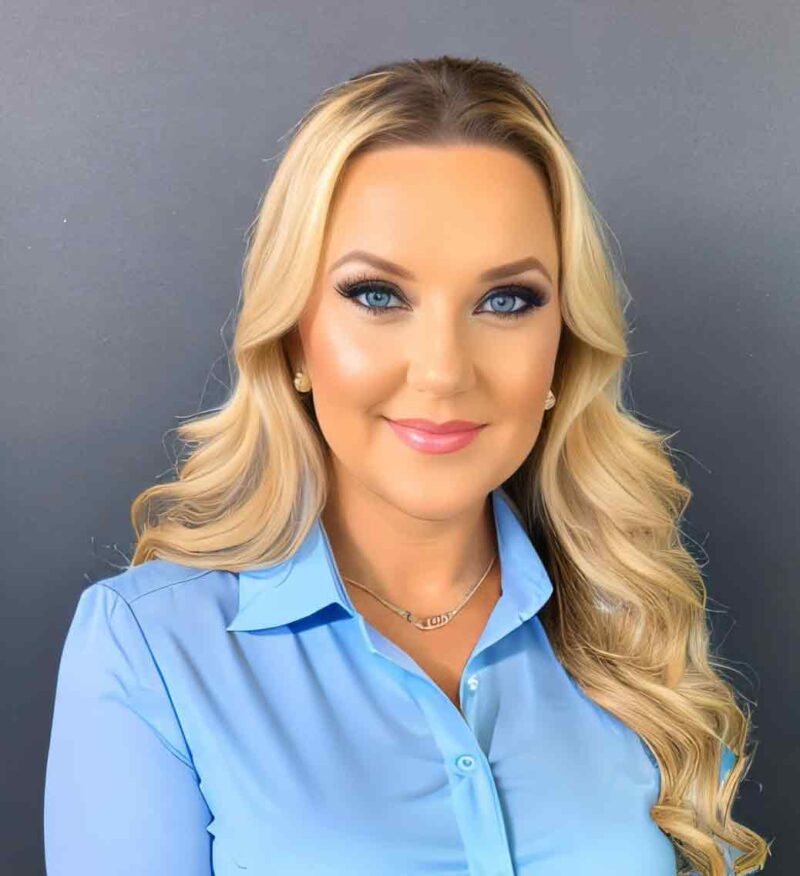Practice Management
Voices for Change: Healthcare Providers as Policy Advocates
Did you know that a 2022 study revealed our role as policy advocates is increasingly recognized as a core competency in healthcare? It’s true, and it’s changing the way we approach healthcare delivery and policy. As healthcare professionals, we’re all too familiar with the challenges our industry faces, but now we have an opportunity to become powerful voices for change.
Share This Story, Choose Your Platform!
Let’s explore how we, as healthcare providers, can leverage our expertise to influence policy decisions and how Today’s Practice can support us in this crucial role.
We’ve always been focused on individual patient care, but now we’re expanding our influence beyond the clinic. Why? Because we’ve recognized that social, economic, and political factors significantly impact health outcomes. As healthcare providers, we’re uniquely positioned to address these broader issues.
Recent trends show we’re stepping up:
- We’re focusing on public health, healthcare access, and medical education.
- Our professional organizations are unifying policy interests and increasing public awareness.
- Community health workers (CHWs) are gaining recognition as important advocates, particularly in addressing health disparities.
Let’s be honest, advocacy isn’t always easy. We face several obstacles:
- Lack of formal advocacy training in medical education
- Time constraints due to our clinical responsibilities
- Navigating complex political landscapes
- Potential conflicts of interest
- For non-physician providers, challenges include lack of integration within the medical workforce
Sound familiar? These are issues our Practice Advocates at Today’s Practice are well-versed in addressing. Through our comprehensive Practice Needs Assessment, we can help identify these challenges and develop strategies to overcome them.
When we engage in advocacy, we make a real difference:
- We improve patient outcomes by addressing root causes of health disparities.
- We enhance healthcare system efficiency through insights that help create tailored solutions for communities.
- We shape public health policy, like the passage of the Primary Health Care Act in Kenya.
- We rebuild trust between communities and healthcare institutions.
So, how can we become more effective advocates? Here are some best practices:
- Develop advocacy skills through targeted training programs.
- Build coalitions with other stakeholders, including forming CHW networks.
- Leverage professional associations for collective impact.
- Utilize evidence-based arguments in policy discussions.
Our Practice Advocates can help you implement these strategies, connecting you with resources and vetted vendors who specialize in advocacy training and coalition building.
Let’s look at a real-world example. In Kenya, CHWs have made significant strides:
- Launched an electronic Community Health Information System
- Distributed commodities to 100,000 CHWs
- Passed new Primary Health Care legislation codifying CHW payment
They achieved this through establishing networks, active participation in policy-making, and presenting a unified voice. It’s a great example of what we can accomplish when we work together.
Looking ahead, we see some exciting trends:
- Increased focus on social determinants of health in clinical practice
- Growing emphasis on health equity in advocacy efforts
- Utilization of digital platforms for virtual advocacy activities
At Today’s Practice, we’re staying ahead of these trends. Our Practice Advocates can help you navigate these changes and leverage them to improve your practice and advocacy efforts.
Some argue that we should focus solely on clinical care. But as healthcare providers, we know that addressing broader health determinants is central to our role. The lack of formal advocacy training in many medical education programs is a challenge, but it’s one we can overcome together.
Ready to get started? Here are some practical tips:
- Develop a deep understanding of the policy-making process in your jurisdiction.
- Build relationships with local policymakers and community leaders.
- Stay informed about current health policy issues and proposed legislation.
- Collaborate with professional organizations to amplify your voice.
- Use patient stories (with consent) to illustrate the real-world impact of policies.
- Engage in continuous learning about effective advocacy techniques.
Our Practice Advocates can help you implement these tips, connecting you with resources and opportunities to enhance your advocacy skills.
As healthcare providers, our advocacy is a powerful tool for driving positive change. By leveraging our unique insights and experiences, we can significantly influence patient outcomes, system efficiency, and public health policy.
Remember, you’re not alone in this journey. Today’s Practice is here to support you every step of the way. Our Practice Advocates can help you navigate the challenges of advocacy, connect you with valuable resources, and provide personalized recommendations to enhance your impact.
Ready to amplify your voice and make a difference? Join Today’s Practice as a free member and let’s work together to shape the future of healthcare. Our complimentary Practice Needs Assessment is a great place to start, helping you identify areas where your advocacy can have the most impact. Let’s make change happen, together.





